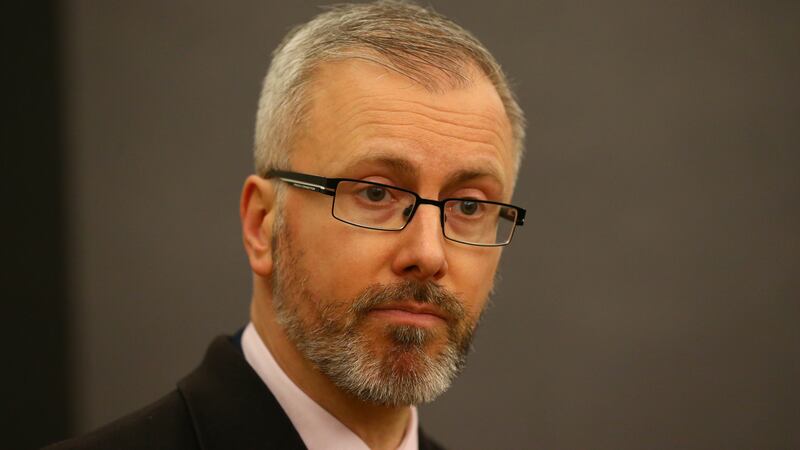All workers will have a right to be paid for 10 days of sick leave in the next four years under a new law approved by the government in the Republic of Ireland.
The statutory sick pay scheme will be phased in over a four-year period, starting with three days per year next year, rising to five days payable in 2023 and seven in 2024.
Employers will eventually cover the cost of 10 sick days per year in 2025, following approval by the Cabinet today.
It is being phased in to help employers, particularly small businesses, plan ahead and manage the additional cost.
Following the Cabinet’s approval of the sick pay bill 2021, it will be published before the Dáil summer recess and enacted by the end of the year, if supported by the Oireachtas.
Tánaiste Leo Varadkar said the scheme will be in place from January next year.
“At the moment workers and employees have a right to sick leave if they are ill, but they don’t have the right to sick pay from their employers,” Mr Varadkar said.
“Illness benefit from the Department of Social Protection only kicks in after four days of absence. And that is what we are going to change.
“One of the legacies of this pandemic is that there is going to be better terms and conditions for all workers, particularly those essential workers in the private sector who generally have lower pay and lower terms and conditions.
“It’s simply not right that those who are sick are often afraid to take time off for fear of major reduction in their outcome. We know it’s not good when it comes to public health there is a risk of infecting co-workers and customers as well.”
Mr Varadkar said it will apply to all illness.
Employees will be entitled to 10 days – or two weeks of sick pay per year – which is in addition to annual leave and maternity leave.
“It will apply to all employees in all work places with no exceptions so long as you are more than six months on the job,” Mr Varadkar added.
“It will be paid at 70% of regular earnings up to 110 euro per day and this can be varied by ministerial order.
“The only requirement is that you require a sick note from a doctor. The phase will begin next year beginning with three days. On the fourth day you move to illness benefit which we plan to enhance as well.
“It’s important to point out that this is a statutory minimum so it’s a bit like minimum wage. That is being decided because it is being recognised that there will be a cost to employers for this.
“Particularly small employers who only have two or three members of staff.”
The new law allows employers to offer better terms for sick pay and provides for a minimum level for low paid workers.
“We need to get the balance right and bear in mind the most important worker’s right is the right to work,” Mr Varadkar said.
“We want to make sure we don’t go too far, too fast as that could be counter-productive.
“This is real progress and a new right where none currently exists and I hope opposition supports this.”






